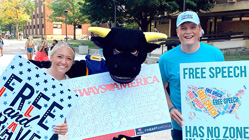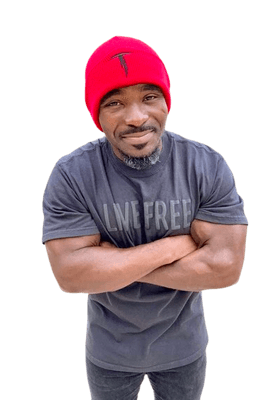University of Austin Rejects DEI Policies, Embraces ‘Merit, Excellence, and Intelligence’ Framework

The University of Austin (UATX), a recently established institution aimed at championing free speech and opposing “woke” ideology, has announced its decision to reject traditional diversity, equity, and inclusion (DEI) policies. Instead, the university is focusing on what some call “MEI,” standing for merit, excellence, and intelligence.
“We don’t take any of that into consideration in admissions,” said UATX President Pano Kanelos in an interview with CBS News, referring to attributes such as race, ethnicity, and gender. “The primary thing that we’re interested in is the mind.”
When CBS News pointed out that the university’s student body is not “particularly diverse,” historian Niall Ferguson, a member of UATX’s founding group, countered by highlighting the institution’s focus on intellectual talent.
“We are putting resources into finding talent of an intellectual variety. And if you’re interested in diversity, I recommend you look at the social backgrounds of our students, at the family circumstances of our students,” Ferguson said.
Critics of DEI policies have long argued that such initiatives prioritize physical characteristics over qualifications and merit. These critiques have gained traction in recent months, with several universities and companies scaling back their DEI initiatives in response to public backlash. For instance, institutions like the University of Florida have been compelled to eliminate DEI positions due to new state laws prohibiting such practices. Similarly, corporations such as Walmart, Ford, and John Deere have voluntarily reduced their DEI programs following consumer outrage due to work by anti-woke activists.
UATX is positioning itself as a counterbalance to left-leaning bias in most higher education institutions nationwide. The university aims to foster a learning environment rooted in free expression and intellectual rigor.
“From a historian’s point of view, it’s terribly important that the United States improves, reforms, revitalizes its universities,” explained Ferguson. “Right up until I guess the early 2000s, it still seemed like universities were the places where you could think most freely, and speak most freely, and take the most intellectual risk. And at some point in the last ten years, that changed. And it changed in a way that began to stifle free expression.”


















